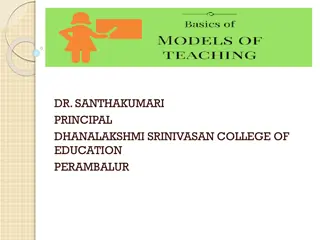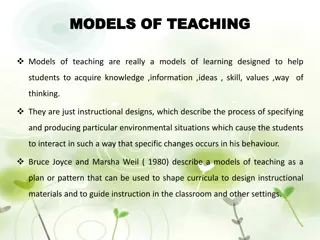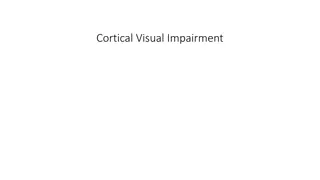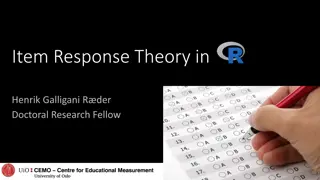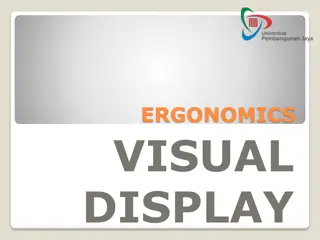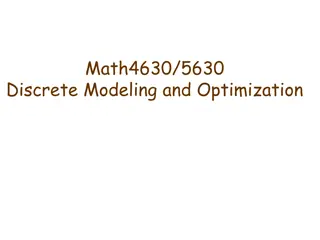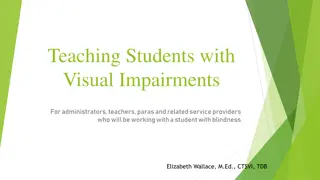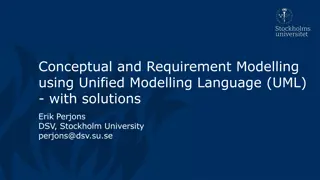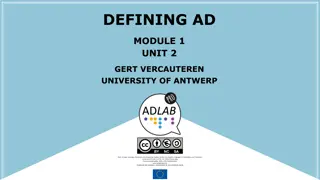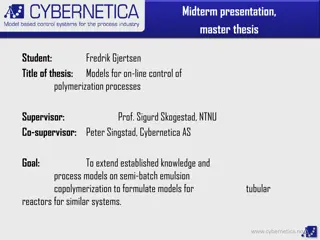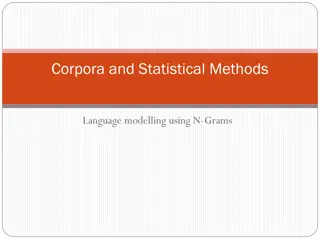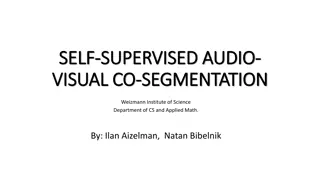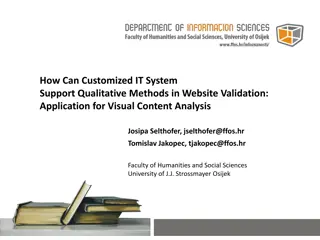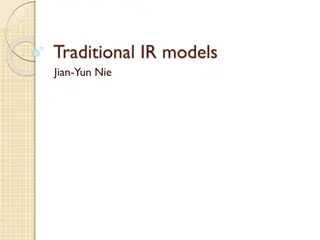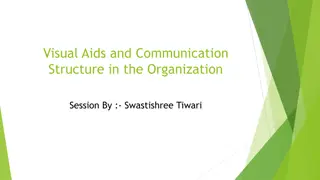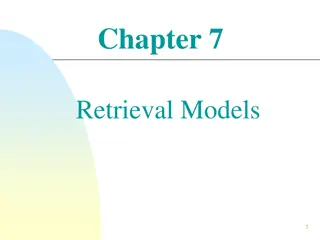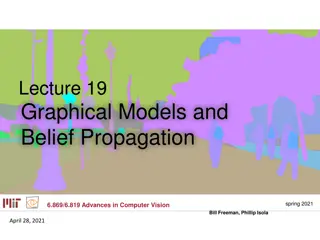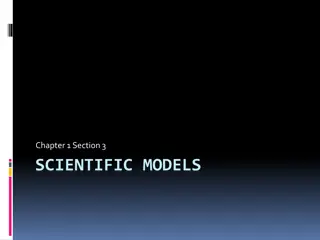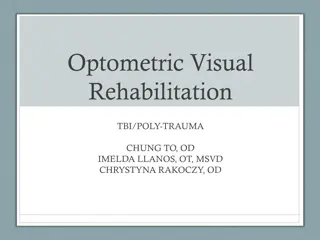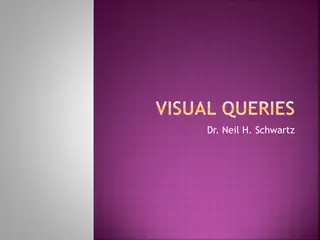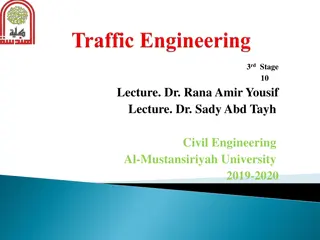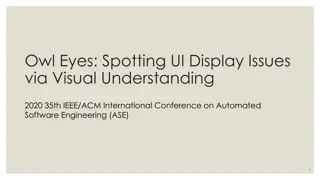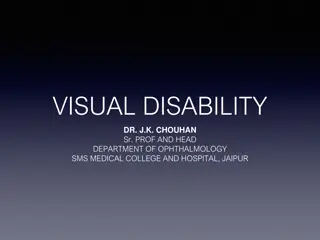textbook$ What Your Heart Needs for the Hard Days 52 Encouraging Truths to Hold On To [R.A.R]
\"[PDF] Download Universe: The Definitive Visual Guide Ebook | READ ONLINE\nFile Link => https:\/\/greatebook.club\/?book=0756698413\nDownload Universe: The Definitive Visual Guide read ebook Online PDF EPUB KINDLE\nUniverse: The Definitive Visual Guide download ebook PDF EPUB book in english langua
5 views • 1 slides
Global Climate Models
Scientists simulate the climate system and project future scenarios by observing, measuring, and applying knowledge to computer models. These models represent Earth's surface and atmosphere using mathematical equations, which are converted to computer code. Supercomputers solve these equations to pr
3 views • 15 slides
System Models in Software Engineering: A Comprehensive Overview
System models play a crucial role in software engineering, aiding in understanding system functionality and communicating with customers. They include context models, behavioural models, data models, object models, and more, each offering unique perspectives on the system. Different types of system
2 views • 33 slides
Understanding Input-Output Models in Economics
Input-Output models, pioneered by Wassily Leontief, depict inter-industry relationships within an economy. These models analyze the dependencies between different sectors and have been utilized for studying agricultural production distribution, economic development planning, and impact analysis of i
8 views • 7 slides
Understanding Models of Teaching in Education
Exploring different models of teaching, such as Carroll's model, Proctor's model, and others, that guide educational activities and environments. These models specify learning outcomes, environmental conditions, performance criteria, and more to shape effective teaching practices. Functions of teach
1 views • 20 slides
Understanding Models of Teaching for Effective Learning
Models of teaching serve as instructional designs to facilitate students in acquiring knowledge, skills, and values by creating specific learning environments. Bruce Joyce and Marsha Weil classified teaching models into four families: Information Processing Models, Personal Models, Social Interactio
1 views • 28 slides
Understanding Cortical Visual Impairment in Infants
Cortical Visual Impairment (CVI) is a condition resulting from retrogeniculate brain damage that affects visual processing in infants. Commonly observed in premature infants, CVI can manifest as atypical behaviors like staring at lights, optic atrophy, and nystagmus. The causes range from structural
2 views • 23 slides
Significance of Models in Agricultural Geography
Models play a crucial role in various disciplines, including agricultural geography, by offering a simplified and hypothetical representation of complex phenomena. When used correctly, models help in understanding reality and empirical investigations, but misuse can lead to dangerous outcomes. Longm
0 views • 8 slides
Understanding CGE and DSGE Models: A Comparative Analysis
Explore the similarities between Computable General Equilibrium (CGE) models and Dynamic Stochastic General Equilibrium (DSGE) models, their equilibrium concepts, and the use of descriptive equilibria in empirical modeling. Learn how CGE and DSGE models simulate the operation of commodity and factor
4 views • 15 slides
Enhancing Information Retrieval with Augmented Generation Models
Augmented generation models, such as REALM and RAG, integrate retrieval and generation tasks to improve information retrieval processes. These models leverage background knowledge and language models to enhance recall and candidate generation. REALM focuses on concatenation and retrieval operations,
1 views • 9 slides
Understanding Item Response Theory in Measurement Models
Item Response Theory (IRT) is a statistical measurement model used to describe the relationship between responses on a given item and the underlying trait being measured. It allows for indirectly measuring unobservable variables using indicators and provides advantages such as independent ability es
2 views • 32 slides
Utilizing Instructional Aids in Teaching Pakistan Studies: Enhancing Learning Through Visual and Audio-Visual Materials
Learning and teaching in Pakistan Studies involve the use of instructional aids such as visual aids, audio aids, and audio-visual aids to enhance the teaching-learning process in schools. These aids help in¡n reinforcing knowledge, stimulating sensory organs, and facilitating quick comprehension fo
0 views • 26 slides
Understanding Visual Displays and Their Importance in Ergonomics
Visual displays are devices that present information about objects, events, or situations to you through your eyes. They play a crucial role in providing information efficiently and effectively. This summary explores the types of visual displays, such as auditory and tactile, and highlights the key
1 views • 25 slides
Understanding Discrete Optimization in Mathematical Modeling
Discrete Optimization is a field of applied mathematics that uses techniques from combinatorics, graph theory, linear programming, and algorithms to solve optimization problems over discrete structures. This involves creating mathematical models, defining objective functions, decision variables, and
0 views • 12 slides
Understanding Visual Impairments and Visual Skills in Students
Exploring the world of visual impairments, this resource delves into how individuals with blindness use their vision, the importance of visual acuity and field, and visual motor abilities. From driving to playing sports, the use of vision is crucial, with visual acuity determining clarity of sight a
2 views • 23 slides
Understanding Conceptual and Requirement Modelling Using UML
Enterprise and system models play a crucial role in the business world. This collection of images showcases various aspects of conceptual and requirement modelling using Unified Modelling Language (UML). From business process models to human interactions with software systems, these visual represent
1 views • 92 slides
Overview of Audio Description (AD) in Visual Media
Audio Description (AD) is a valuable assistive service for individuals with visual impairments, providing verbal narrations of visual elements in various audiovisual productions. Defined in different ways by experts in the field, AD aims to make audiovisual content accessible and enjoyable for the b
0 views • 12 slides
Observational Constraints on Viable f(R) Gravity Models Analysis
Investigating f(R) gravity models by extending the Einstein-Hilbert action with an arbitrary function f(R). Conditions for viable models include positive gravitational constants, stable cosmological perturbations, asymptotic behavior towards the ΛCDM model, stability of late-time de Sitter point, a
1 views • 12 slides
Understanding Wireless Propagation Models: Challenges and Applications
Wireless propagation models play a crucial role in characterizing the wireless channel and understanding how signals are affected by environmental conditions. This article explores the different propagation mechanisms like reflection, diffraction, and scattering, along with the challenges and applic
1 views • 14 slides
Models for On-line Control of Polymerization Processes: A Thesis Presentation
This presentation delves into developing models for on-line control of polymerization processes, focusing on reactors for similar systems. The work aims to extend existing knowledge on semi-batch emulsion copolymerization models, with a goal of formulating models for tubular reactors. Strategies, ba
0 views • 16 slides
Understanding N-Gram Models in Language Modelling
N-gram models play a crucial role in language modelling by predicting the next word in a sequence based on the probability of previous words. This technology is used in various applications such as word prediction, speech recognition, and spelling correction. By analyzing history and probabilities,
0 views • 101 slides
Exploring Self-Supervised Audio-Visual Learning for Segmentation Tasks
Researchers from the Weizmann Institute of Science delve into the realm of self-supervised audio-visual learning for segmentation tasks, leveraging the correlation between visual and audio events to jointly train networks for enhanced understanding. Motivated by the potential of unsupervised learnin
0 views • 44 slides
Enhancing Website Validation with Customized IT Systems for Visual Content Analysis
Visual content analysis plays a crucial role in qualitative research, especially in analyzing website content. This paper explores the challenges of manually analyzing visual elements on web pages and proposes a customized IT system to streamline data gathering, enhance data integrity, and reduce re
1 views • 11 slides
Understanding Information Retrieval Models and Processes
Delve into the world of information retrieval models with a focus on traditional approaches, main processes like indexing and retrieval, cases of one-term and multi-term queries, and the evolution of IR models from boolean to probabilistic and vector space models. Explore the concept of IR models, r
0 views • 65 slides
Understanding Optimal Visual Correction in Ophthalmology
Providing optimal visual correction through the provision of spectacles in ophthalmology requires a blend of science and art. Ophthalmologists must possess knowledge and clinical experience to ensure each patient receives the best visual correction. Various concepts such as ametropia, optical correc
0 views • 27 slides
Effective Visual Aids in Presentations
Visual aids play a crucial role in enhancing communication and engagement during presentations. They can provide clarity, aid memory retention, and make the content more engaging for the audience. This guide covers the definition of visual aids, examples, importance, guidelines for presenting them e
0 views • 20 slides
Understanding Cross-Classified Models in Multilevel Modelling
Cross-classified models in multilevel modelling involve non-hierarchical data structures where entities are classified within multiple categories. These models extend traditional nested multilevel models by accounting for complex relationships among data levels. Professor William Browne from the Uni
0 views • 13 slides
Understanding General Equilibrium Models and Social Accounting Matrices
General Equilibrium Models (CGE) and Social Accounting Matrices (SAM) provide a comprehensive framework for analyzing economies and policies. This analysis delves into how CGE models help simulate various economic scenarios and their link to SAM, which serves as a key data input for the models. The
0 views • 50 slides
The Significance of Visual Literacy in Today's World
Visual literacy is increasingly crucial in our modern society, with children learning and communicating through images. Understanding the hidden messages in visual content is vital for effective communication and learning. As technology evolves, the connection between visuals and knowledge becomes m
0 views • 21 slides
Understanding Retrieval Models in Information Retrieval
Retrieval models play a crucial role in defining the search process, with various assumptions and ranking algorithms. Relevance, a complex concept, is central to these models, though subject to disagreement. An overview of different retrieval models like Boolean, Vector Space, and Probabilistic Mode
0 views • 56 slides
Graphical Models and Belief Propagation in Computer Vision
Identical local evidence can lead to different interpretations in computer vision, highlighting the importance of propagating information effectively. Probabilistic graphical models serve as a powerful tool for this purpose, enabling the propagation of local information within an image. This lecture
0 views • 50 slides
Understanding Scientific Models and Their Applications
Explore the world of scientific models through this informative content covering physical, mathematical, and conceptual models. Discover why models are used in science, their types, and potential limitations. Delve into the importance of utilizing models to comprehend complex concepts effectively.
0 views • 21 slides
Optometric Visual Rehabilitation for TBI/Poly-Trauma Patients: Principles and Considerations
Optometric Visual Rehabilitation involves the comprehensive treatment of visual system disorders, including binocular vision, accommodation issues, and more. Neural plasticity plays a key role in neuro-rehabilitation, allowing the brain to adapt and learn. The 10 principles of neural plasticity guid
0 views • 29 slides
Understanding Visual Processing and Visualization
Visualization, defined as the representation of data or concepts in visual form, is an active and constructive process involving both products and processes. Visual processing involves just enough processing to focus on salient stimuli, with attention playing a crucial role. Visual thinking and quer
0 views • 20 slides
Understanding Acute Visual Loss: Causes and Evaluation
Loss of vision can occur suddenly, affecting one or both eyes and various parts of the visual field. This guide explores the definition, pathophysiology, and evaluation of acute visual loss. Common causes include optic nerve diseases, retinal disorders, and vascular issues. The visual pathway from t
0 views • 37 slides
Driver Characteristics and Visual Acuity in Transportation Engineering
The course content focuses on the importance of considering driver characteristics, such as sensory perceptions and visual acuity, in transportation design. It discusses how drivers sense information through feeling, seeing, hearing, and smelling, emphasizing the role of visual acuity aspects like s
0 views • 22 slides
Understanding Composite Models in Building Complex Systems
Composite models are essential in representing complex entities by combining different types of models, such as resource allocation, transport, and assembly models. Gluing these models together allows for a comprehensive representation of systems like the milk industry, where raw materials are trans
0 views • 27 slides
Understanding Blindness: Exploring Visual Perception Beyond Sight
This presentation delves into the philosophical biases surrounding blind individuals' capacity to comprehend visual arts. Through the exceptional case of Esref Armagan, a blind painter from Turkey, the audience is challenged to reconsider what blind people can understand about the visual world. The
0 views • 38 slides
Enhancing UI Display Issue Detection with Visual Understanding
The research presents a method utilizing visual understanding to detect UI display issues in mobile devices. By recruiting testers and employing visual techniques, the severity of issues like component occlusion, text overlap, and missing images was confirmed. CNN-based models aid in issue detection
0 views • 17 slides
Understanding Visual Disability and Certification Process in Ophthalmology
Visual disability, including blindness and low vision, is defined by specific criteria related to visual acuity and field of vision. Classification into different impairment categories is based on the severity of visual limitations. Certification of visual disability requires evaluation by a Medical
0 views • 5 slides
![textbook$ What Your Heart Needs for the Hard Days 52 Encouraging Truths to Hold On To [R.A.R]](/thumb/9838/textbook-what-your-heart-needs-for-the-hard-days-52-encouraging-truths-to-hold-on-to-r-a-r.jpg)



